Ecas32
TPF Noob!
- Joined
- Nov 21, 2008
- Messages
- 323
- Reaction score
- 0
- Location
- Florida
- Can others edit my Photos
- Photos OK to edit
today was the first day i decided to try and shoot in RAW.
i liked that afterwards, you could change the white balance, then ofcourse the other things (saturation, sharpness, and contrast, etc..) that you can do in a regular jpeg image.
but i was just wondering if there were any other changes/ options you could make in RAW format post shooting.
thanks in advance
-ethan
i liked that afterwards, you could change the white balance, then ofcourse the other things (saturation, sharpness, and contrast, etc..) that you can do in a regular jpeg image.
but i was just wondering if there were any other changes/ options you could make in RAW format post shooting.
thanks in advance
-ethan


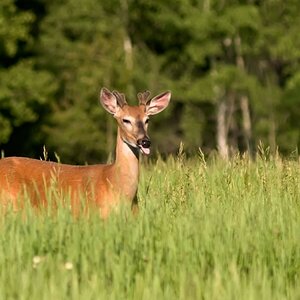
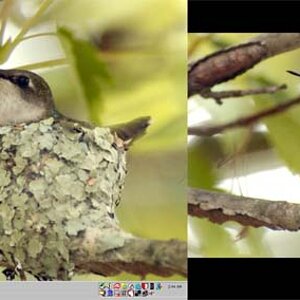
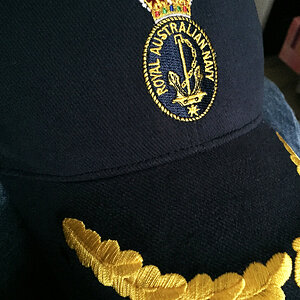
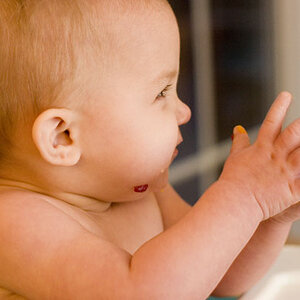
![[No title]](/data/xfmg/thumbnail/34/34072-be456691237ae73cb2936416e2e9e8c0.jpg?1619736266)
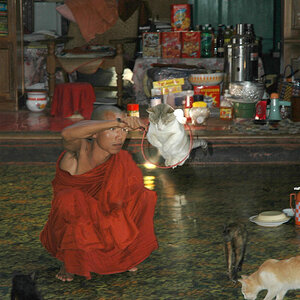
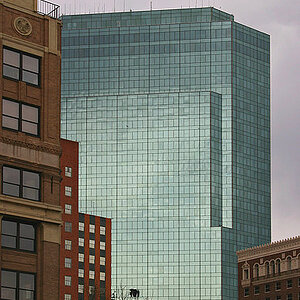

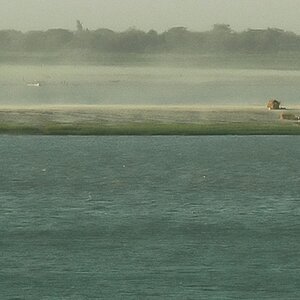
![[No title]](/data/xfmg/thumbnail/31/31980-e5048a424621c7b3cd0d306d63c09d67.jpg?1619735137)
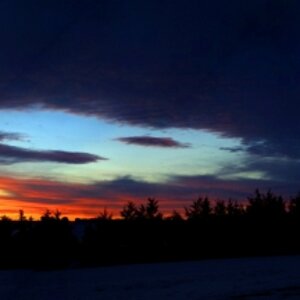
![[No title]](/data/xfmg/thumbnail/37/37137-43b5701b1efb7322c2c9fa6a1e30ccfa.jpg?1619737884)